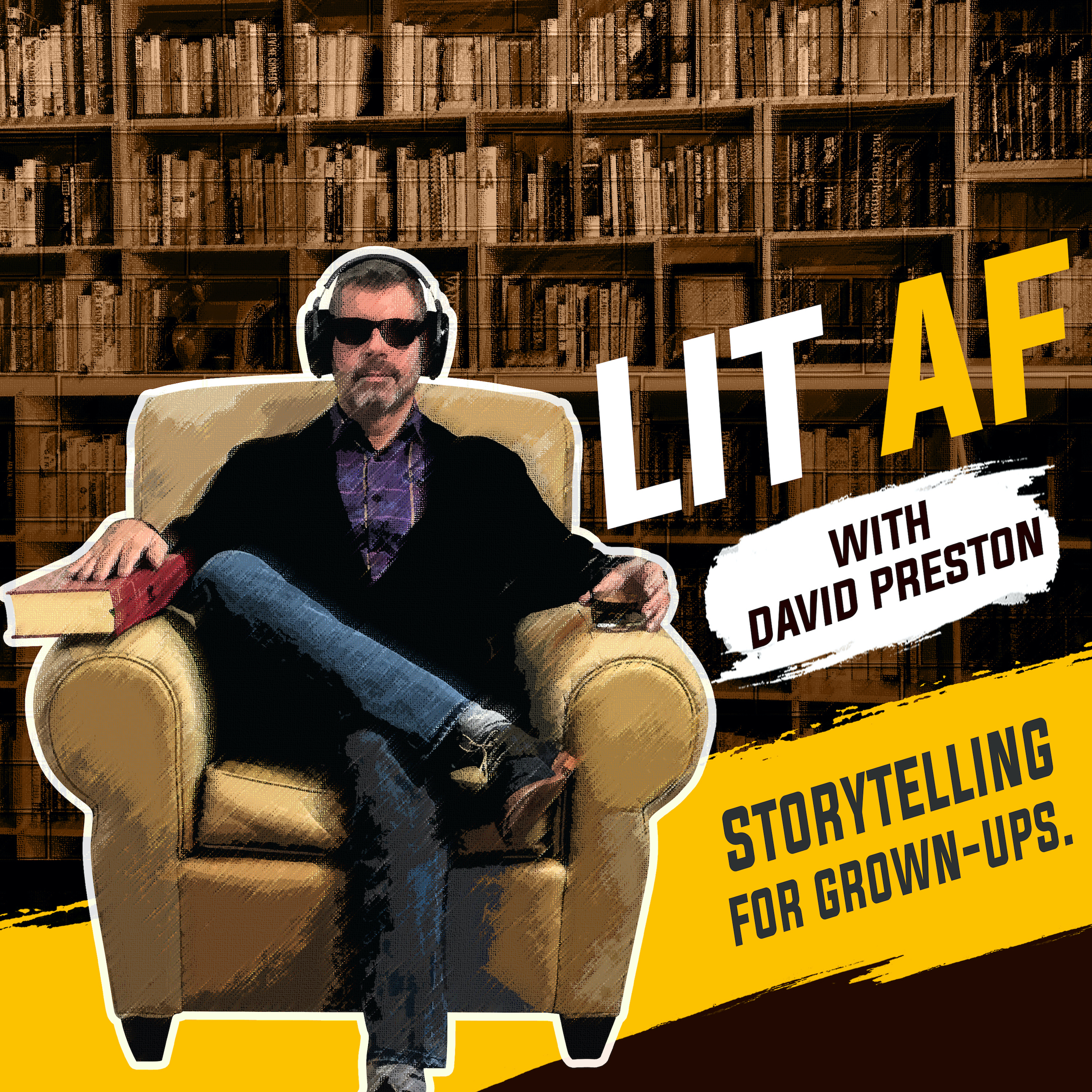Month: February 2022
-

Baby you can drive my car
Parents: Do you love your children? Teachers: Do you want to help your students? Of course you do. So stop trying to protect them. Give them the tools and autonomy that will empower them to protect themselves. The threats are real: misinformation, racism/sexism/ismism, predatory economics and politics. We can’t control the forces that seek to…
-

5 reasons the world needs the lit af podcast
There are approximately a bazillion podcasts out there, so it’s fair to wonder whether the world needs another one. I say it does. Here’s why: Toni Morrison was right. Literature deserves better. We deserve better. Sushi and country music. Learning and Web3. 1. Toni Morrison was right Toni Morrison observed, “If there’s a book you…
-

Webinar retrospective: chris carfi on Web3
When I think lifelong learning, I think Chris Carfi (@ccarfi). Chris and I have been friends for more than a decade – and I learn something new every time we talk. (Among many other things, Chris is the man who taught me that there’s a word for that lovely, earthy smell after it rains: petrichor.)…